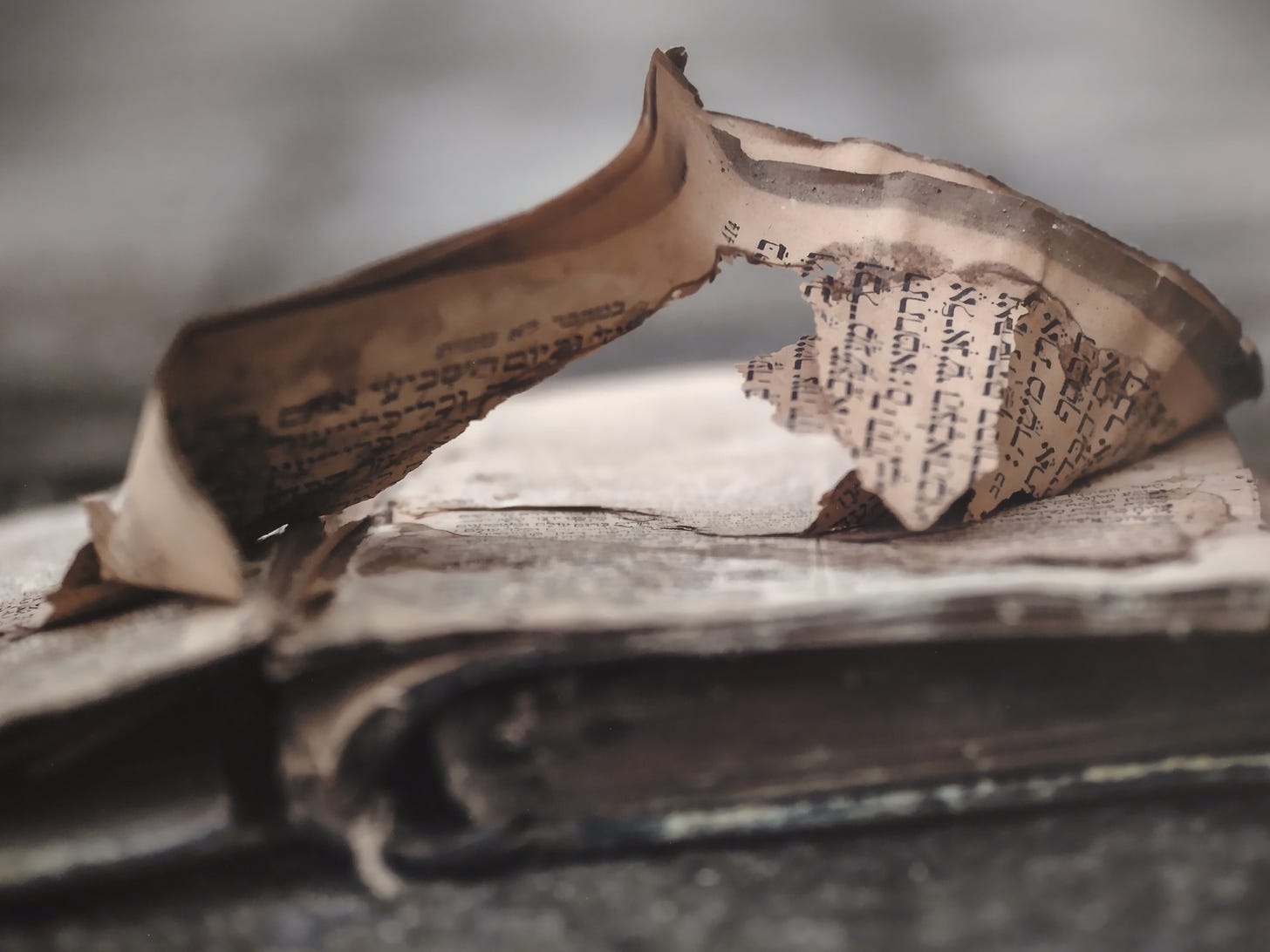
On a recent visit to the Museu Coleção Berardo (as of 2023, now known as Museum of Contemporary Art MAC/CCB), a museum of modern and contemporary art in Lisbon, Portugal, we were fortunate enough to see a temporary exhibition called The Last Folio. This was a profoundly moving exhibit which chronicled a photographer’s personal quest for memories of the Jewish Holocaust.
Photographer Yuri Dojc was born in the former Czechoslovakia. In 1968, Dojc was a young student summering in London when Soviet troops invaded his native country. Dojc became a refugee and eventually made his way to Canada and for several decades has made Canada his home. Dojc became a photographer, first establishing himself in commercial photography. Later in his career, he shifted his focus to documenting the last Slovakian survivors of the Holocaust, telling their stories through his photography.
In 2005 Dojc met Czechoslovakia-born Katya Krausover, who also had fled her native country in 1968 and settled in the United Kingdom where she became an independent television producer and director. The two teamed up together to produce the Last Folio, a photographic and video documentation of the story of Slovakia’s Holocaust survivors, as well as the numerous schools, cemeteries, and synagogues from once-vibrant Jewish communities, left abandoned to decay, as victims were rounded up by the Germans who hunted down and slaughtered some, and took away others to concentration camps.
A personal quest.
Dojc’s parents went into hiding in a house in the village of Uhrovske Podhradie during the war. Dojc had always wondered how his parents had come to be there hiding in that house, but never asked them about it. After the death of Dojc’s father, the story of the Holocaust and those who survived began to interest him. By this time, his mother was too frail to ask her about the past. For Dojc, this project became a personal quest to find answers from the stories and pictures of other survivors.
He begins his photographic journey by visiting the abandoned school in the village of Bardejov, where one day in 1942, the students were taken to concentration camps. From there, he visits many villages and photographs survivors and travels to the ruins of former Jewish communities to find traces of the past. Unexpectedly, Dojc finds a book among the ruins belonging to his grandfather, Jakub Duetsch.
The Last Folio.
Standing in front of many of the images in The Last Folio exhibit humbled me. The photography is not only outstanding – the simplicity of the images – from the rotted remnants of books – to the faces of the survivors – all come together to form a stunning photographic visual and poignant reminder that no one should ever forget this travesty of human and religious persecution.
Thank you for reading Our Portugal Journey. This blog is a subscriber supported publication but has no paywall – in other words, you can subscribe for free and receive all the content. However, if you find my content valuable, please consider becoming a Supporting Subscriber for a nominal fee either on a monthly or annual basis right here. Just want to buy me a glass of wine? You can do that here.
Until next time…
Obrigada!
Carol.



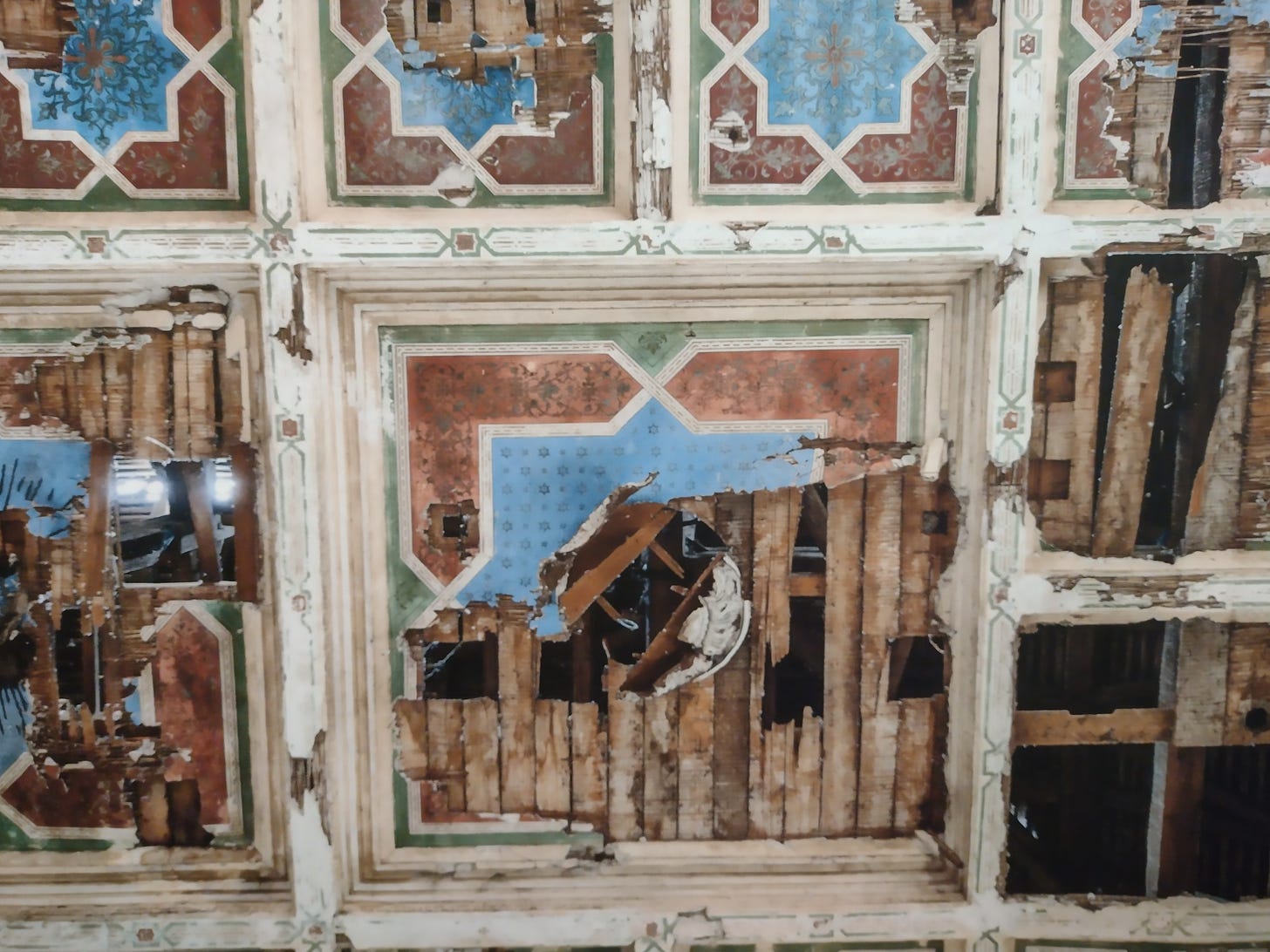
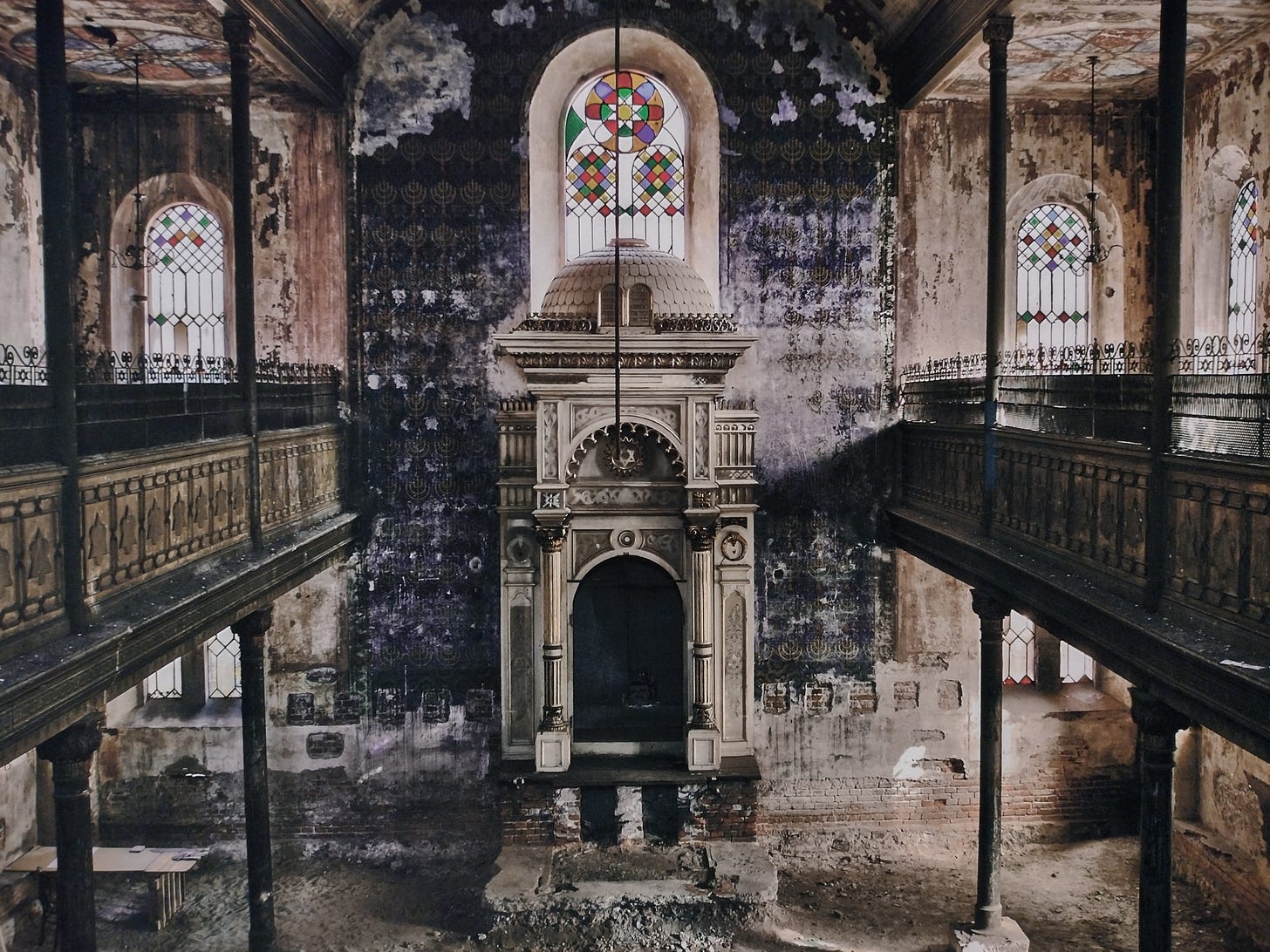
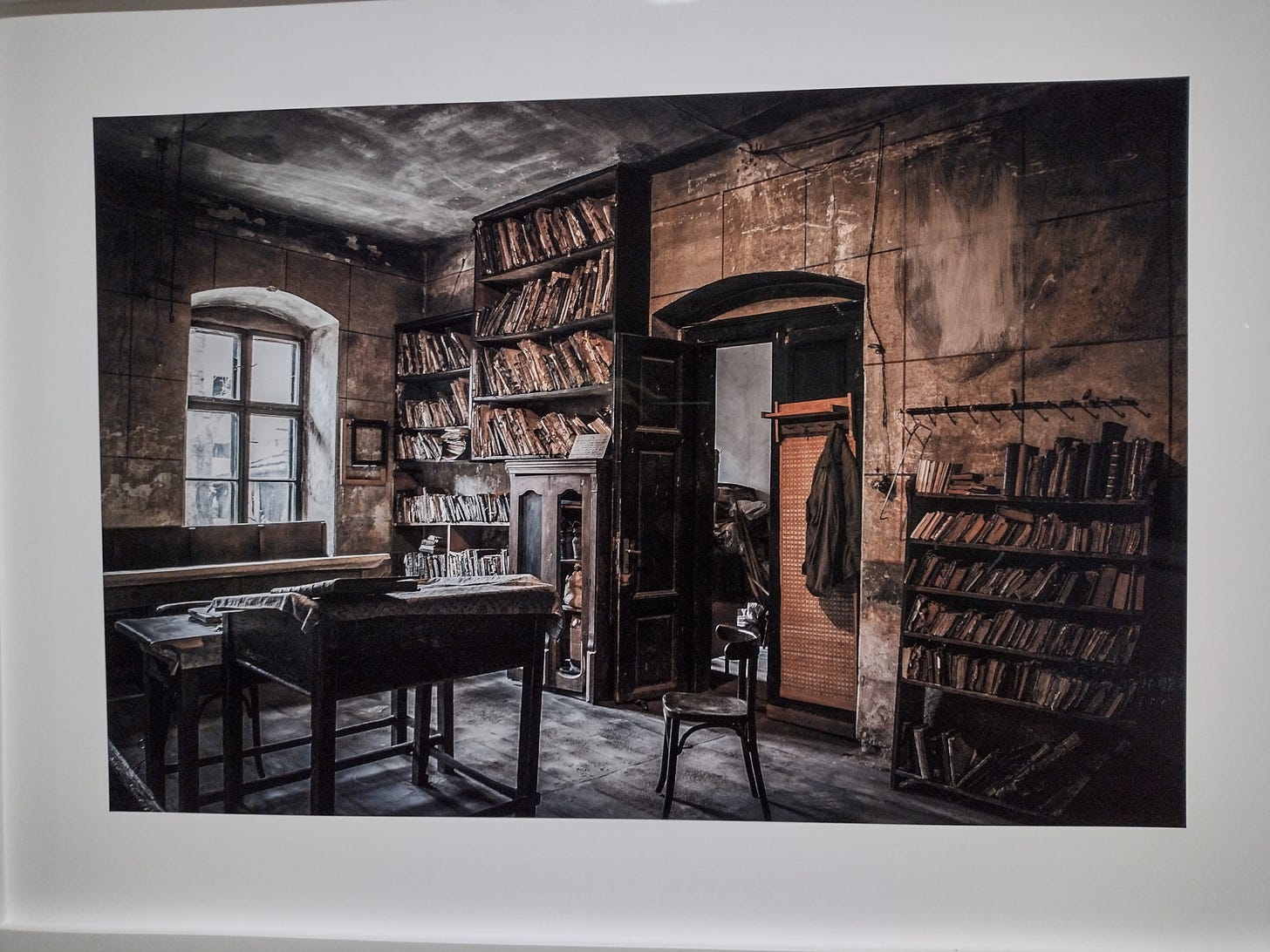
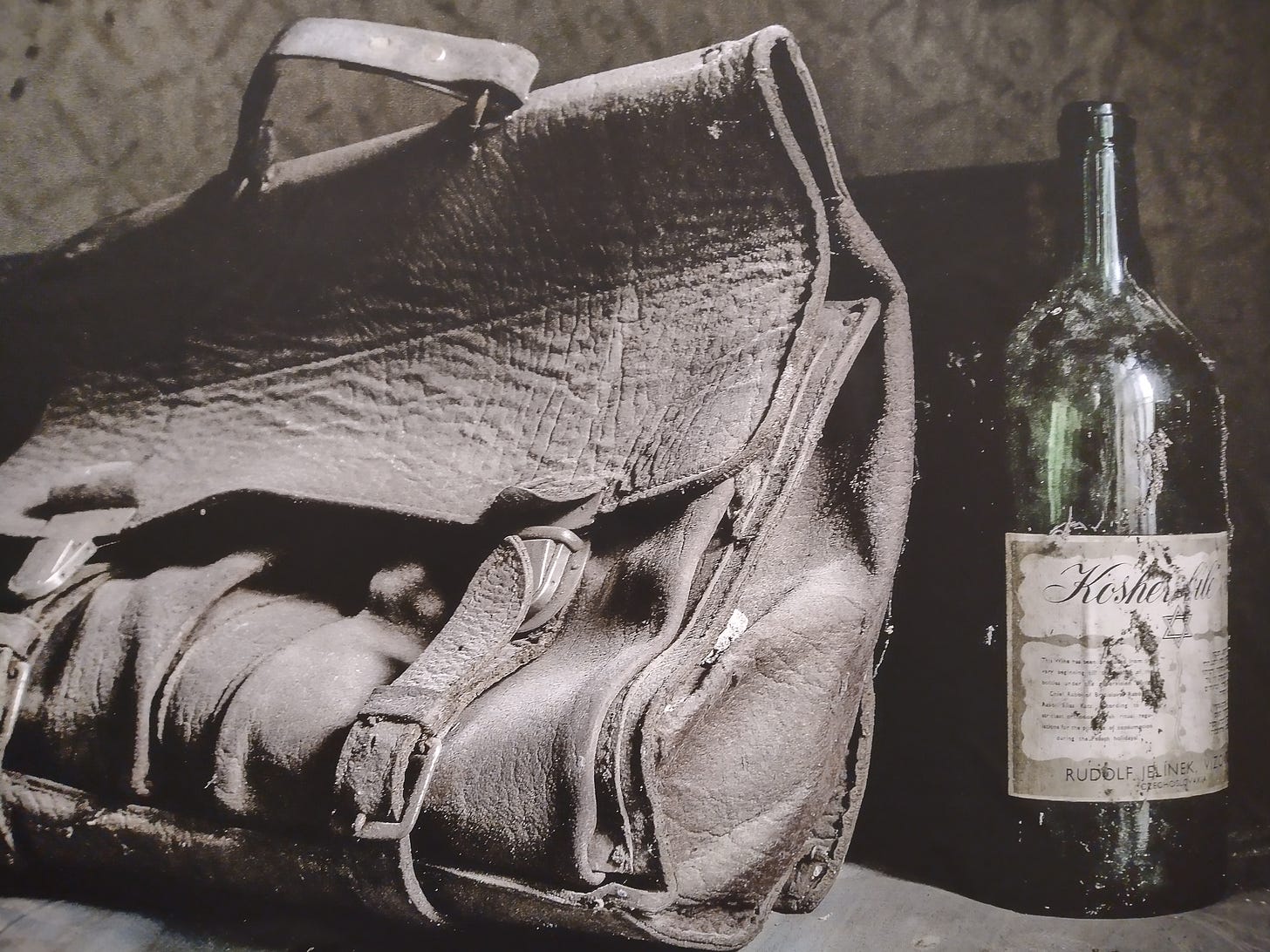
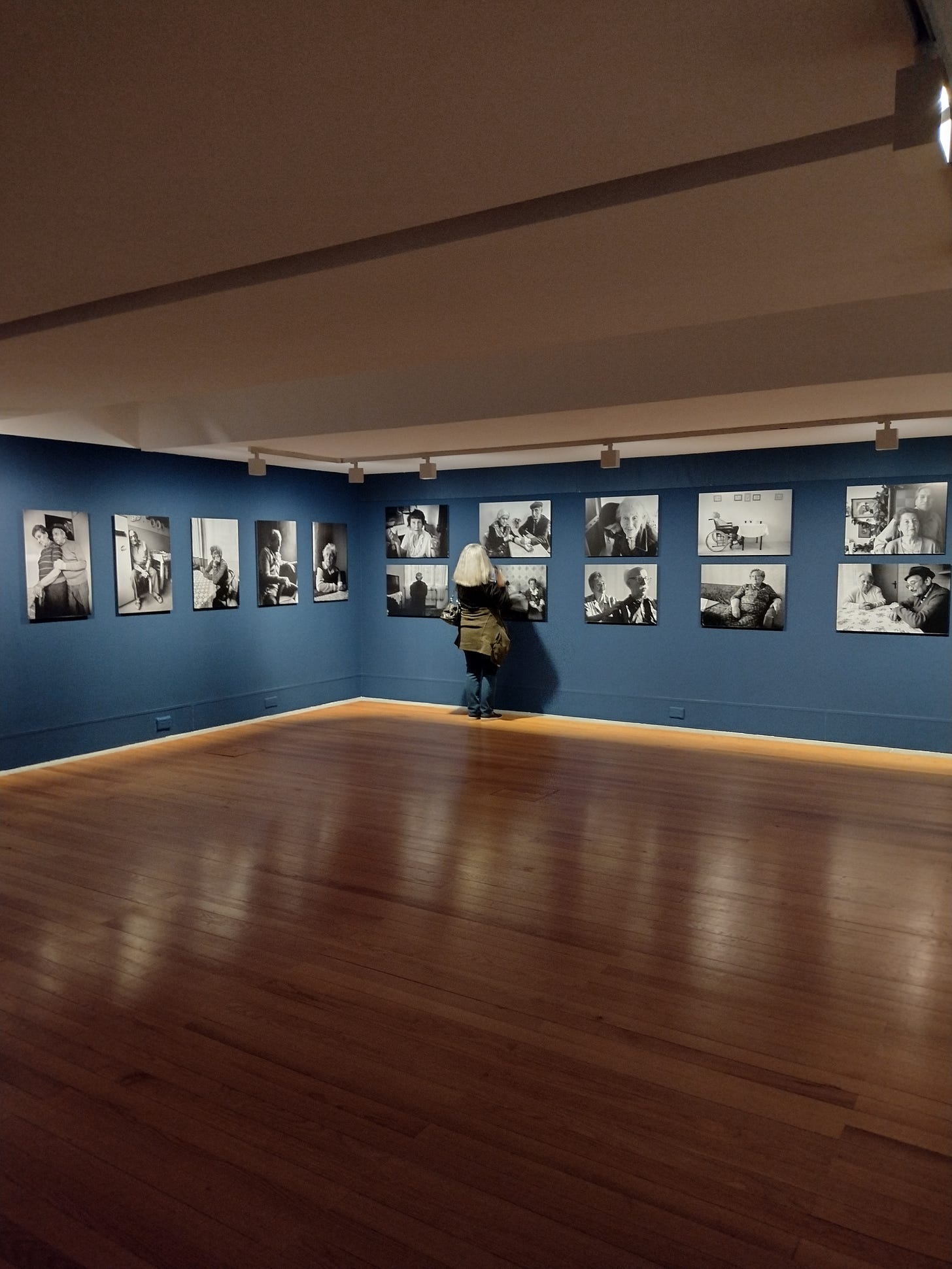
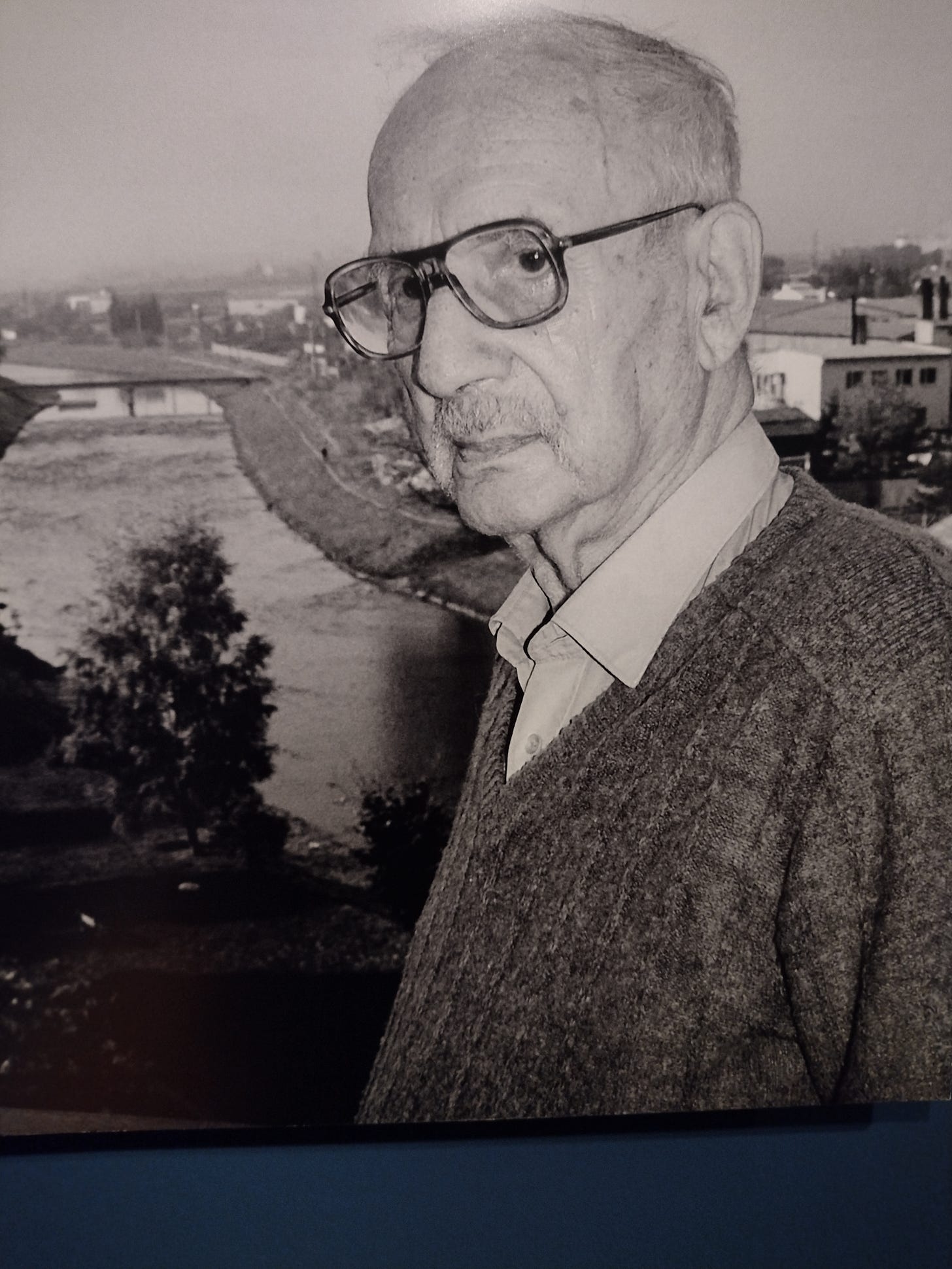
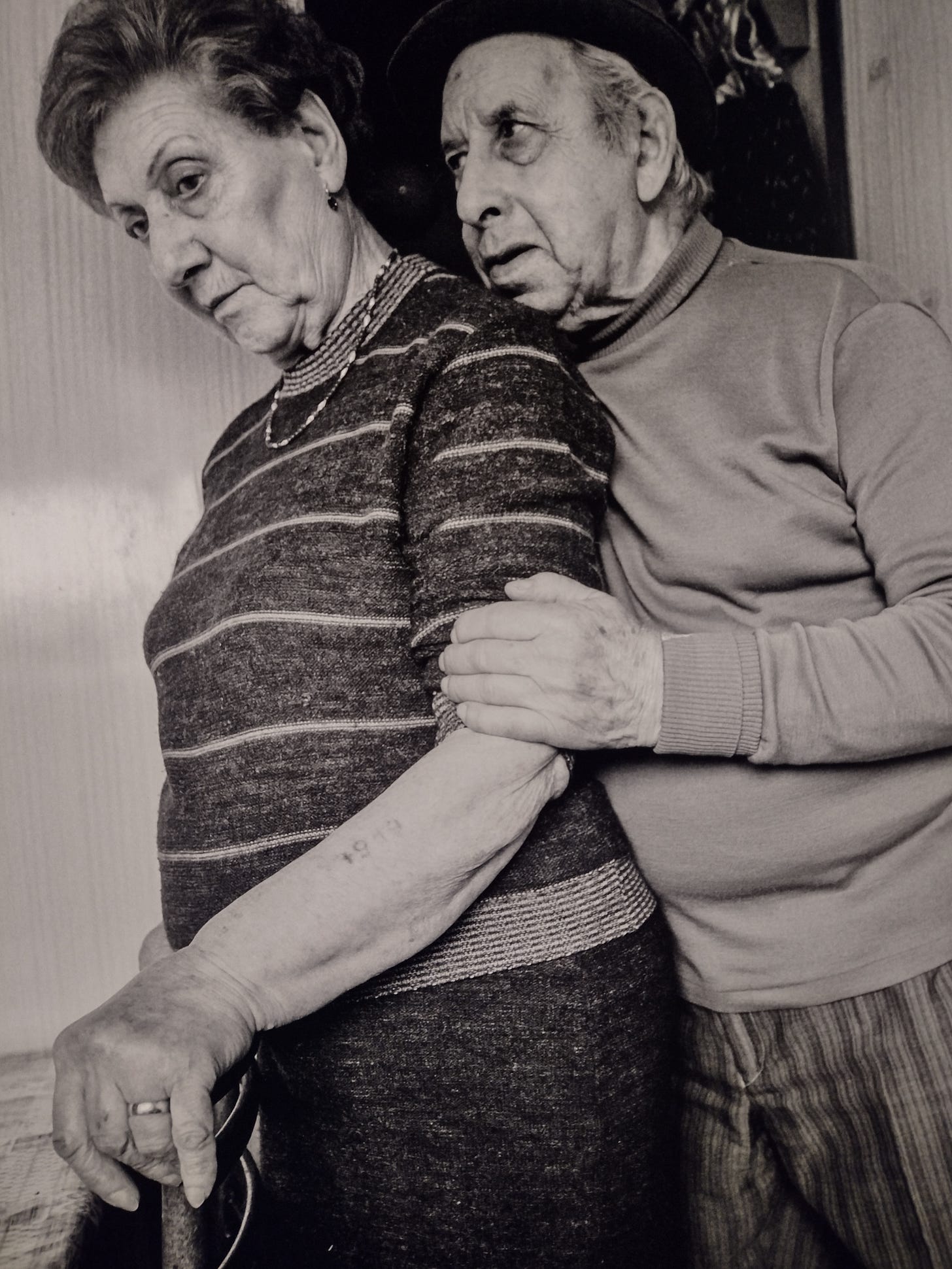
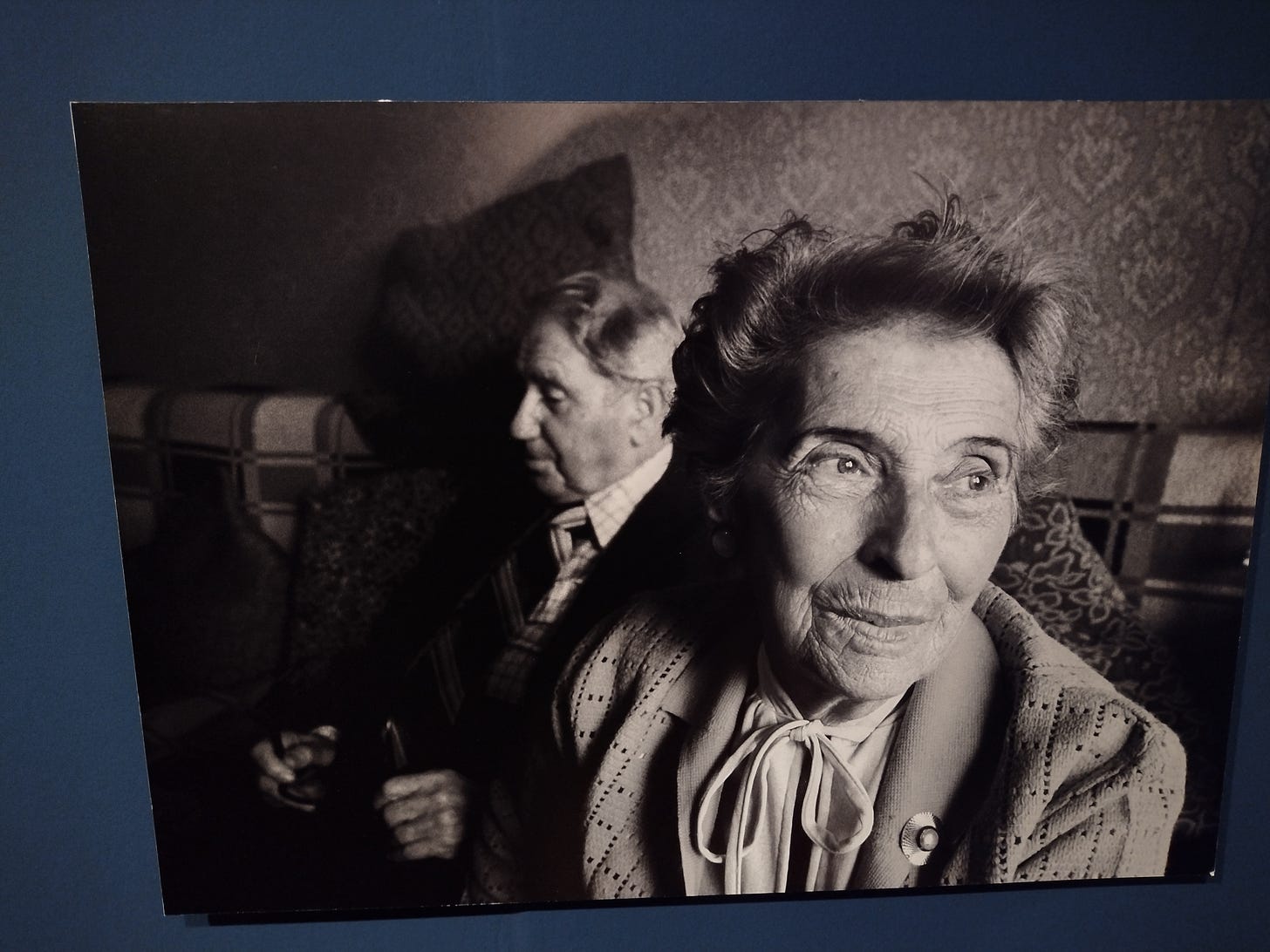

Very appropriate for the times we are in, unfortunately.
Carol, thank you for a very moving and timely post. I went to the museum website and saw this note about the exhibition:
"Without any shadow of a doubt, Last Folio is a painful, profound experience, a space that shows the cultural destruction of a civilisation, a meditation space that compels us to react, to reflect, to question the world we live in, where many still do not have a voice, and to demand that freedom and tolerance be the fundamental values of the 21st century. It is up to us to have the will and ability to make this change happen."
What for Yuri and Katya was history, is for us the present day. We are witnessing the destruction of the Ukrainian civilisation in real time. I think all of us are struggling with the question of how we have "will and ability to make change happen".